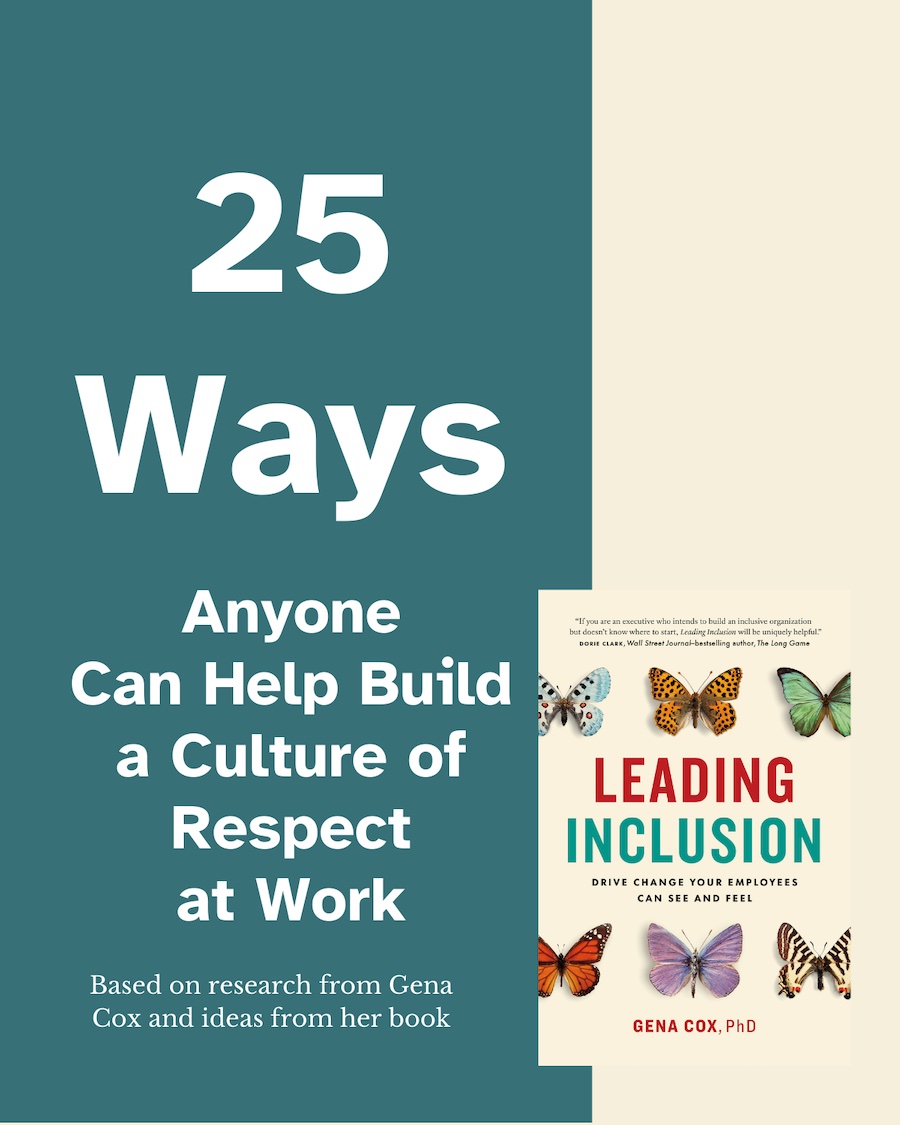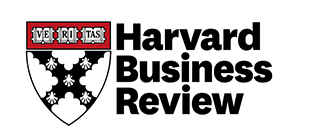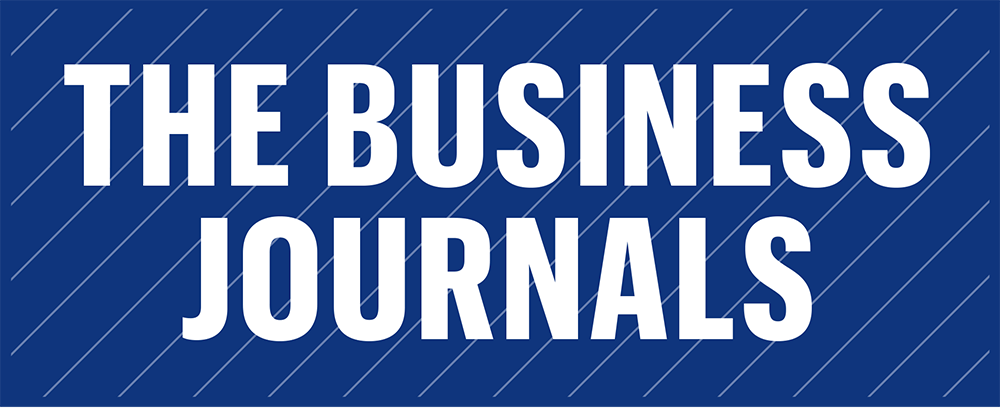5 Decision-Making Lessons From The 2024 Paris Olympics 100m Finals

Leaders can derive many decision-making lessons from the 100-meter final at the 2024 Paris Olympics. The race, which ended in a photo-finish, was a masterclass in the value of pre-determined criteria and the dangers of reaching hasty conclusions.
Embed from Getty ImagesOverconfidence And Limited Information Drive Faulty Judgments
In a blink-and-you’ll-miss-it sprint, Team USA’s Noah Lyles clinched gold in 9.79 seconds, an identical time to Jamaica’s Kishane Thompson. To the untrained eye, it looked like a dead-heat. Social media erupted with confusion. Who won? Wasn’t Thompson’s foot ahead of Lyles’ at the finish line? Even Lyles was unsure; he congratulated Mr. Thompson just a few minutes before the judges called the race in his favor.
Many viewers were confused because they did not understand the Olympic rule that the position of the runner’s torso, not their head, neck, arms, legs, hands, or feet, determines the winner. Lyles’ torso crossed the finish line first. He won.
This situation revealed a leadership truth: making decisions with incomplete information and second-guessing the decisions of those who know more can lead to erroneous conclusions, even for active participants.
Humans Don’t Always Think Straight
As psychologists Noah Tversky and Daniel Kahneman revealed, humans tend to make quick judgments based on easily accessible information. Fans’ errors about the 100-meter result exemplify the Dunning-Kruger Effect, a cognitive bias in which people with limited knowledge or expertise may overestimate their abilities and judgments and consequently make faulty judgments.
Business news is replete with examples of organizations that quickly withdrew products that didn’t deliver what the market wanted or invested in the wrong things at the wrong time, seemingly because of faulty judgments. In 1985, Coca-Cola’s New Coke lasted fewer than 100 days on the market before the company returned the original flavor, rebranded as Coca-Cola Classic. Microsoft introduced Zune to compete with the iPod. Despite its innovations, Zune did not capture enough market share to survive. Cognitive bias also seems to have influenced Theranos investors’ decisions.
Psychology Can Enhance Leaders’ Judgments
So, how can business leaders avoid these cognitive blunders? Luckily, psychology offers insights and actions to help.
1. Define The Success Criteria Before Starting The Race
Clearly articulate what constitutes success before making critical decisions. What knowledge, skills, and other characteristics do you need on the team to deliver your vision, and does the candidate possess them, or do you just like them more than other candidates? How will you measure the success of your product or service; will it be market share, profit margin, customer satisfaction, employee experience, or something else? Make sure everyone involved in the decision understands the key factors that should influence their decisions.
2. Design A Culture That Supports Critical Thinking
Develop a team culture that prizes critical analysis over urgent reactions. Don’t over-rely on the most familiar information. Challenge employees by asking, “What might we be missing here?” Create a respectful culture where employees feel seen, heard, and valued and can express their opinions without fear of retribution.
3. Be Realistic About Your Company’s Decision-Making Norms
Do the decision-making norms in your organizations support effective outcomes? Do the employees closest to the decision-impact get the chance to express their lessons of experience? Do leaders over-rely on consultants versus employees when making critical decisions? Do managers take ownership of decisions or say, “This came from the top of the house. I disagree, but we have to do it?”
4. Mix Familiar With Unfamiliar
Olympic officials don’t rely on one person or one high-speed camera to make their final judgments; neither should you. Sometimes, the most discerning perspective can come from the fresh eyes of someone outside your inner circle. And don’t hesitate to bring in outside experts to analyze complex situations from multiple angles. Research indicates that experts generally make better decisions than novices.
5. Marinate Your Decisions
When making critical decisions, resist the urge to call them too quickly. Take the time to gather all relevant data before declaring a winning idea. The first-mover advantage is real, but as with Theranos’ example, sometimes you need time for the unintended consequences to become evident.
Noah Lyles’ Olympic victory wasn’t just about speed but about winning according to precisely defined rules. Leaders can win in complex business contexts too, by intentionally taking time to process all the relevant information. Doing so can reduce cognitive errors and reveal the nuances others miss that could provide a competitive advantage.









